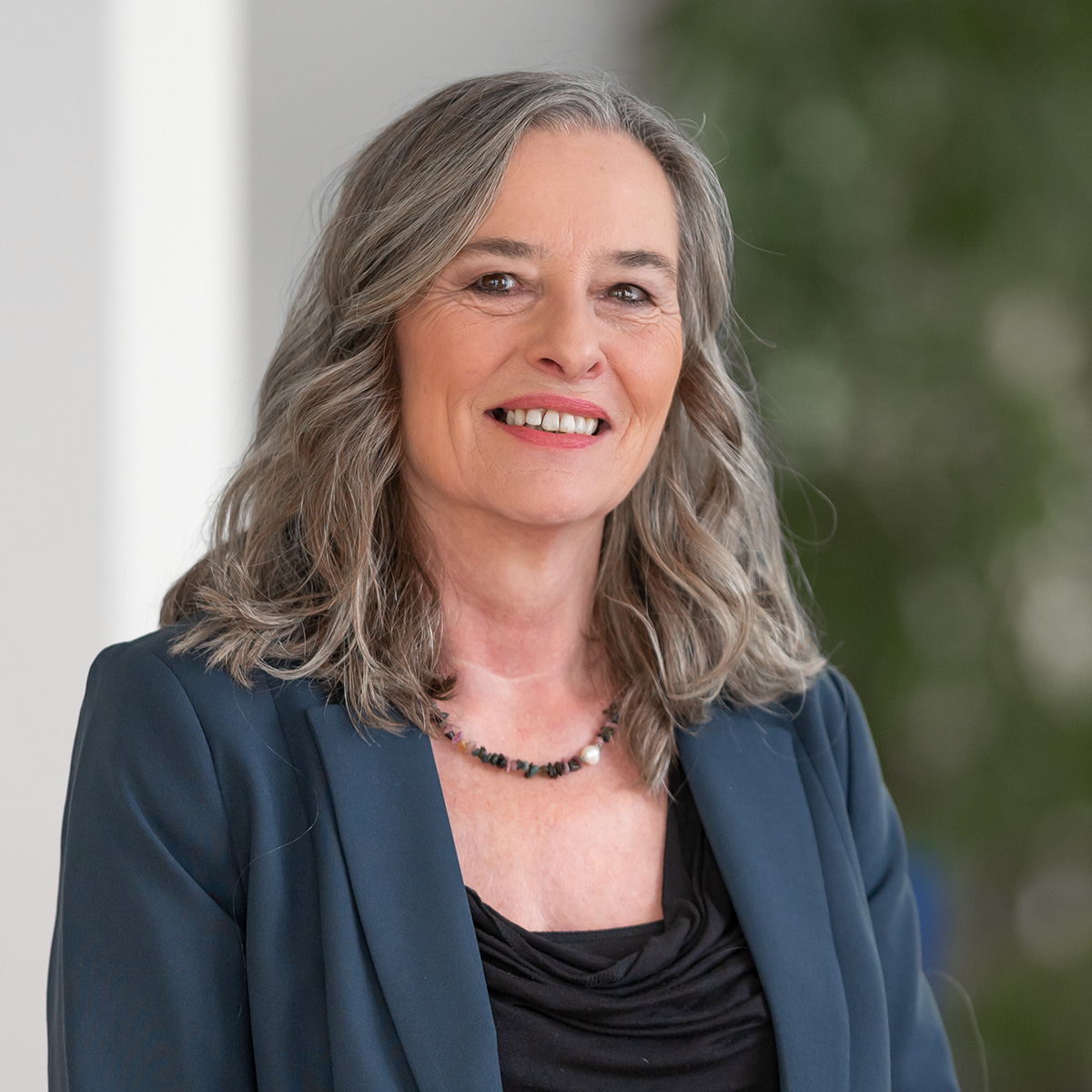What is needed: technical planning and communications need to be more closely coordinated
The times when planners could develop their projects behind closed doors, from idea through to first ground-breaking, are long gone. Nowadays, if you want to realise plans such as the construction of new power lines, new sections of motorway or shopping centres, you will not only need regulatory approval but also, and above all, the acceptance of the public. As a means of achieving this, communications with citizens, associations and political mandate-holders in the early stages of a project represent a decisive factor in the successful course of the project. <br/> <br/> We spoke to Brigitte Kaltwasser, agency owner, and Daniela Hilpert, PR consultant specialising in citizen communications, to find out what lies behind this term and what they consider to be the relevant factors for success.
Citizen communications – what lies behind this phrase?
Kaltwasser:There are countless terms circulating around this relatively young discipline in the field of communications. Some talk about acceptance communications, dialogue or participation communications, others simply about project communications. We could argue about the various different nuances of these terms. At Kaltwasser Kommunikation, we call it citizen communications, because for us the citizen represents the main target group of our communications activities; without neglecting the other relationship groups in our communications strategy and tactics. We see citizen communications, in its various different forms, as a separate, primarily independent and new discipline in the field of communications.
How can we distinguish this form of communication from the wide range of corporate communication techniques in use up to now?
Kaltwasser: With citizen communications, direct communication with the target group plays a central role. Although considered a traditional multiplier in corporate communications, in this case the media takes a back seat in terms of its significance.
What is the biggest challenge when it comes to citizen communications?
Hilpert: One of the decisive factors is finding an appropriate degree of communications activity. Not every measure requires the same amount of information or communication. "Information overload" may even lead to a situation in which a rather insignificant measure may be perceived as being something "major" or "threatening", whilst, on the other hand, too little information may bring about accusations of a "cover-up" or of trivialisation. For each individual communications measure, it is important to use tact and to have a good understanding of the particular region in which the plan is to be implemented.
Kaltwasser: But it's also important to examine in advance the expectations in each case. We are talking here about a change in perspectives. At the end of the day, communication is always a question of managing emotions. And these emotions have to be acknowledged and taken seriously, both beforehand and throughout the entire course of the project.
What are the prerequisites for successful citizen communications?
Hilpert: From the very beginning, there needs to be close coordination between technical planning and communications. Only when communications have been extensively integrated into the work of all those involved in the project, can it fulfil its potential. As regards information for the stakeholders, the following rule of thumb applies – as early as possible, and as specific and extensive as is necessary. What is important here is always to give a clear indication throughout the course of the project of the options for action which are open to those involved. At what points are there options for involvement in the decision-making process, and where are the limits? This needs to be clearly and openly communicated from the very start.
What role does the "personality of the project staff member" play here?
Kaltwasser: This factor can be decisive under certain circumstances. Projects are often loaded with feelings of mistrust, scepticism or rejection. Project staff must be in a position to be able to communicate credibility and sincerity in an authentic manner, and to be able to express themselves in language that is easy to understand, whilst showing respect and appreciation for the concerns of the stakeholders. This requires comprehensive know-how, but also a calm and mature personality and a confident and likeable manner. Maintaining the same contact person also helps to build up trust.
Hilpert: And don't forget – using someone who has their roots in the region can represent a decisive factor for success. The person chosen should at least understand and be able to speak the local dialect. A language barrier is often also an acceptance barrier.
What is it that makes this particular discipline so interesting?
Hilpert: No two projects are the same. In each region, the citizens, association representatives and political mandate-holders bring with them to any given project different expectations, requirements and motives. There is no set formula for a communications strategy in citizen communications. It is crucial that dialogue with the stakeholders is kept open and that you develop an instinct and feeling for the regions concerned, as well as regularly questioning and amending your own communications strategy. <br/> <br/> The conversation was held in front of an electricity substation in Central Franconia [Mittelfranken].
Read more:
Our service: Citizen Communication
Our reference: Citizen Communication for Bayernwerk Netz GmbH

